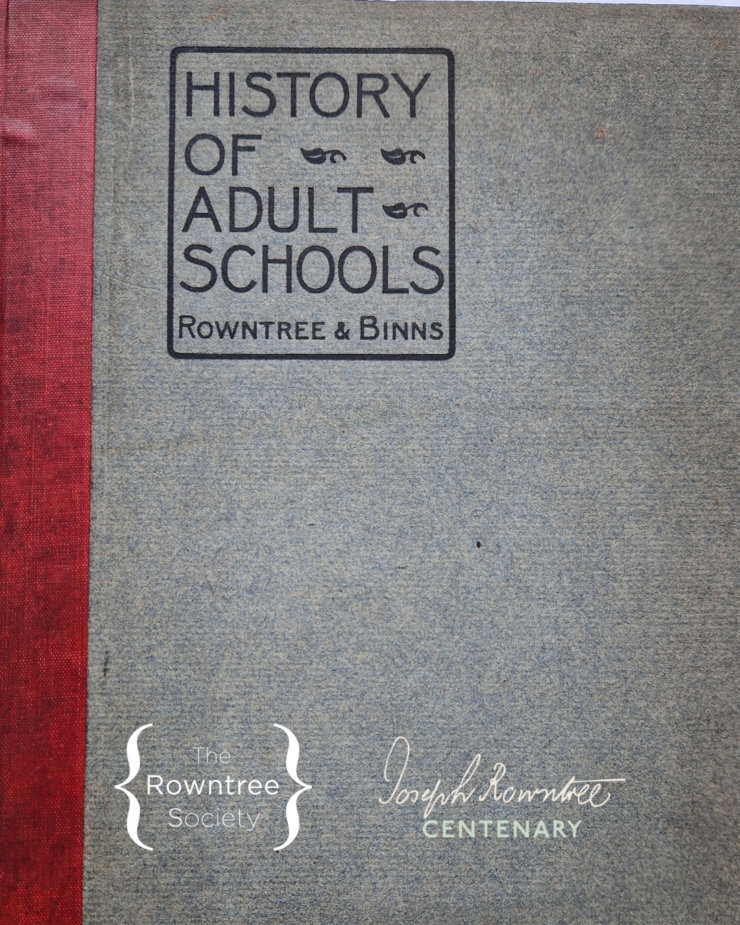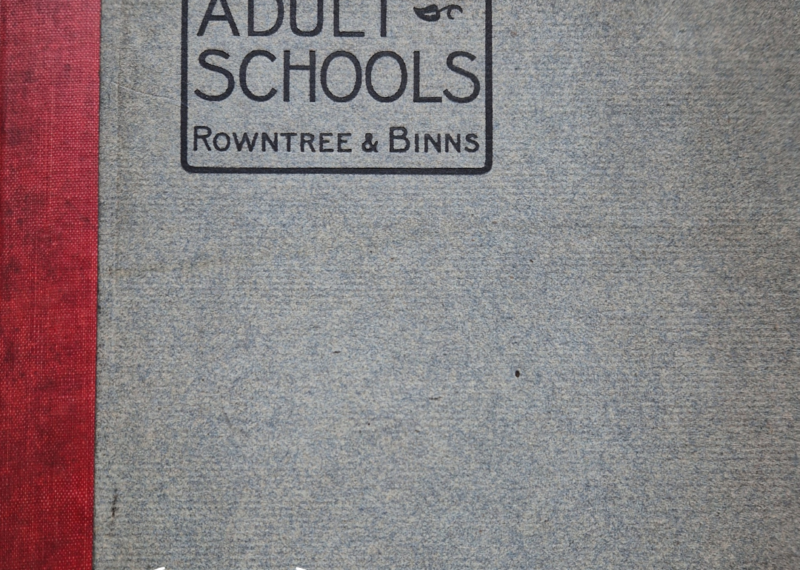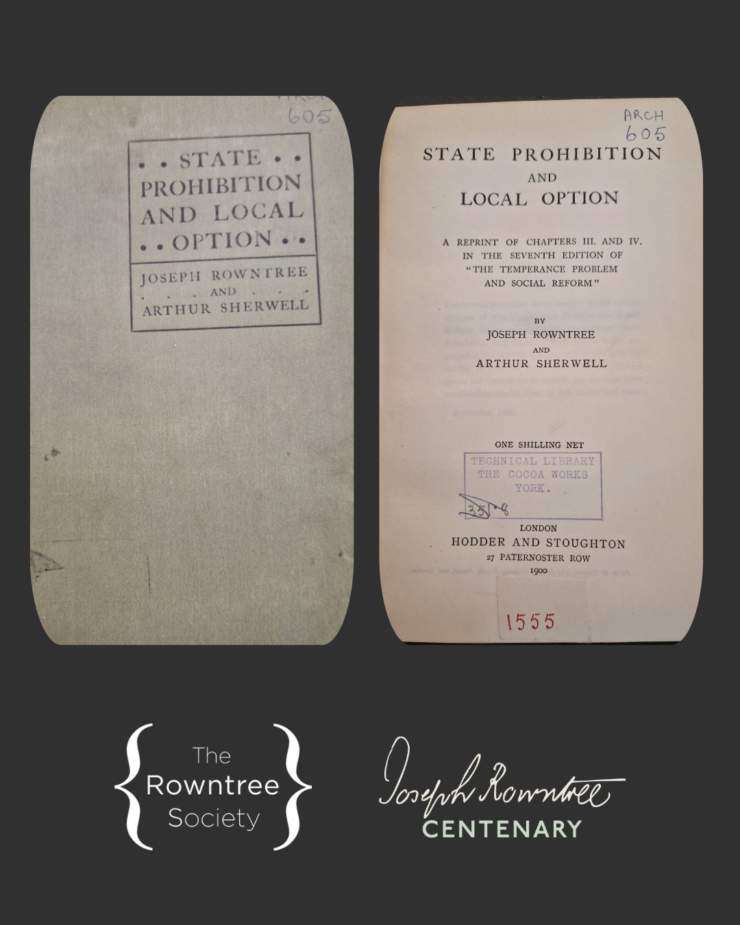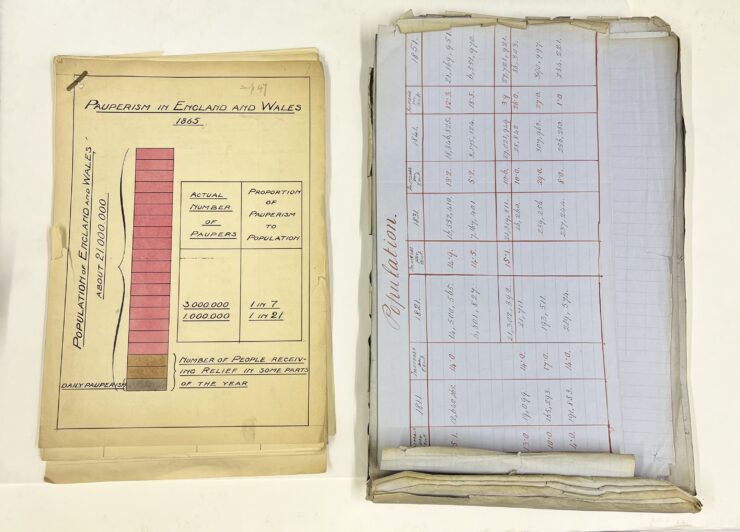Adult School Movement
One man in five and one woman in three could neither read nor write in mid-Victorian York. This led Joseph Rowntree (Senior) and other Quakers to set up the first adult school. John Wilhelm Rowntree was a huge influence in the formation of York’s Adult School movement. setting up the Acomb school, and wrote A History of the Adult School Movement with Henry Binns. Almost every Rowntree family member was involved with this educational programme and Joseph was aged 21 when he first took charge of a class and nearly 60 when he finished teaching there every Sunday morning. This was one of the Rowntree family’s most innovative contributions to York arising from their belief in the importance of education in improving people’s lives and prospects.












